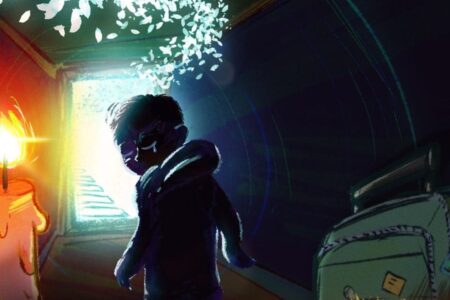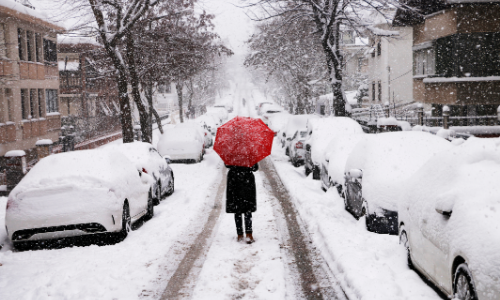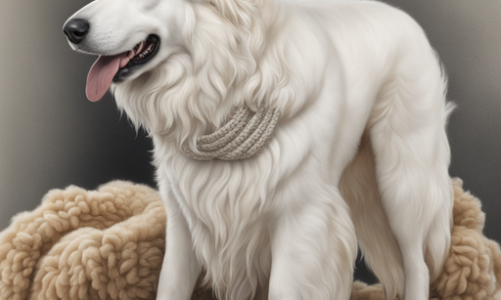“When will the union be, my child?” asked the tired voice, with an unrelenting longing. Perhaps the question she had asked herself countless times, she now cried out to the other end of the phone, from miles away, amidst breaths that pierced through her chest like arrows. Was she really expecting an answer? Neither words nor the power of the mind could shed light on its true meaning, nor grasp the spiritual attraction between a mother and child.
Bediüzzaman Said Nursi draws attention to this truth: “It is a fact that the first master and most effective teacher of any person is their mother. Regarding this fact, listen to what follows from me, which I have always felt strongly within my own self: I am eighty years old and have received lessons from a great many people. Yet I swear that the most persistent and established of these lessons are the religious advice and instructions which I received from my late mother and they have always remained fresh for me.”[1]
The child took a deep breath and poured out their heart as it was:
“It wasn’t easy, mother! To eagerly await union amidst the whirlpool of yearning, without getting lost or enslaved by negative emotions, with hopeful anticipation… To yearn for your voice, your scent, your smile, your support, and your hopefulness… To thirst for every part of you… I struggled, mother! Rain fell, my heart got wet. With each drop, my cells shrank. The wind blew, it hurt my branches. Words were spoken, they struck. Eyes looked, they touched. The road extended, but it didn’t end. The attire of self didn’t suit me, it didn’t embrace me.”
other couldn’t reply. Her heart had silenced her tongue. A faint crackle on the phone, and behind the suppressed sobs, there was now a melancholic whimper left behind. The old heart had managed to express its longing, but it seemed it couldn’t convey the storms raging inside it, the helplessness and concerns buried deep within the depths of the night. She couldn’t convey what she hid behind the tired expression on her face. At one point, she tried to say something. It didn’t work, she couldn’t do it. She had given up. It seemed that what she would hear in a little while had already weighed heavily on her elderly body.
The child continued after a long silence.
“Faith is perfected through trials, mother. In the path of the Ultimate Truth and Ever-Constant, it is necessary to stand like the Arabic letter ‘alif’. If we desire the veil of heedlessness to lift from our eyes and the ocean of truth to flow into our hearts, then we must patiently resist the tricks and schemes of the ego and Satan. Those who are dedicated solely to upholding the legacy of the Prophet, the heroes of the Hizmet Movement, have endured all kinds of oppression and torture. This has become the hardship of this path. I am content with the challenges on my path and the various tests that come my way, mother! At the very least, my intention in responding was to quench the burning fire within the heart of a soul that eagerly awaits, that rushes to every doorbell, wondering, ‘Is it them?’
She didn’t grieve for the fact that he had spent countless years in exile for the sake of his faith. She knew she was on the right path, living straightforwardly. Striving to live in accordance with the pleasure of God, putting in efforts to make His Name echo in hearts, she was one among thousands of individuals across time who had faced unexpected difficulties for this very reason.
At that moment, this verse came to her rescue, soothing her heart: “Yet surely your Lord turns with favor to those who emigrate after they have been subjected to persecutions (because of their faith) and thereafter exert themselves in God’s cause and endure with patience (whatever befalls them) – indeed, in return for such (good deeds) your Lord is All-Forgiving, All-Compassionate.” (An-Nahl, 16:110).
What had begun as a dialogue on the phone had now turned into a monologue. Time fell silent. Even silence felt ashamed. It refused to bear this sorrow. It sought solace in the past, in memories, in the many difficult days they had overcome. Then, a memory resurfaced in his eyes. The first separation between mother and child started with birth. The woman had cried. The child she had nurtured and raised within the chamber of mercy for months was now detached from her. The initial separation had begun with the cutting of the umbilical cord. Bitter tears had flowed, mingling with the salt of her sweat, drop by drop from her eyes. Then, the woman had cried a second time. This time, they had placed her child in her arms. When she breathed in its scent, it was as if she had caught a breeze from Paradise, showering gratitude upon the All-Compassionate Creator. The months-long yearning had been crowned with reunion. The mother, who cried first in pain and then in joy, had thanked the All-Generous Creator for His unparalleled gift.
Time and space merged in that moment. The mother listened to her daughter’s cry of longing. The secret within her heart became evident. It spilled from her lips and turned into a poem.
Do not burn anymore, O heart,
Extinguish the fire that has burned inside you,
Stop inflaming with hope for union,
Do not wait for that train,
Who knows, will it come, or will it be stranded on the road,
It burns me too, your warmth.
What you shed through your eyes like raindrops
I miss everything about you, but my thirst for you never passes,
If my tongue tires, my heart speaks.
Can’t you hear the prayers I whispered to you all night long?
Will the scent I blew into the wind one day come?
Do not burn anymore, O melodious sound of my heart, sweet voice.
I am among those who have renounced the fleeting aspect of the world,
I am an imperfect servant among people,
With the love of the Creator,
I am among those who take to the road.
My hope and prayers are for Him,
Whatever He does is my choice,
Wherever He puts me, I will find my home, and take refuge,
Whoever He sends to my doorstep, I either consider him as Khidr or become a friend,
Even if I may lose everything,
The mountains, the stones, and creatures become my friends,
I have a love for creatures for the sake of the Creator.
[1] Bediüzzaman Said Nursi, The Gleams, New Jersey: Tughra Books, 2013, p. 282.




